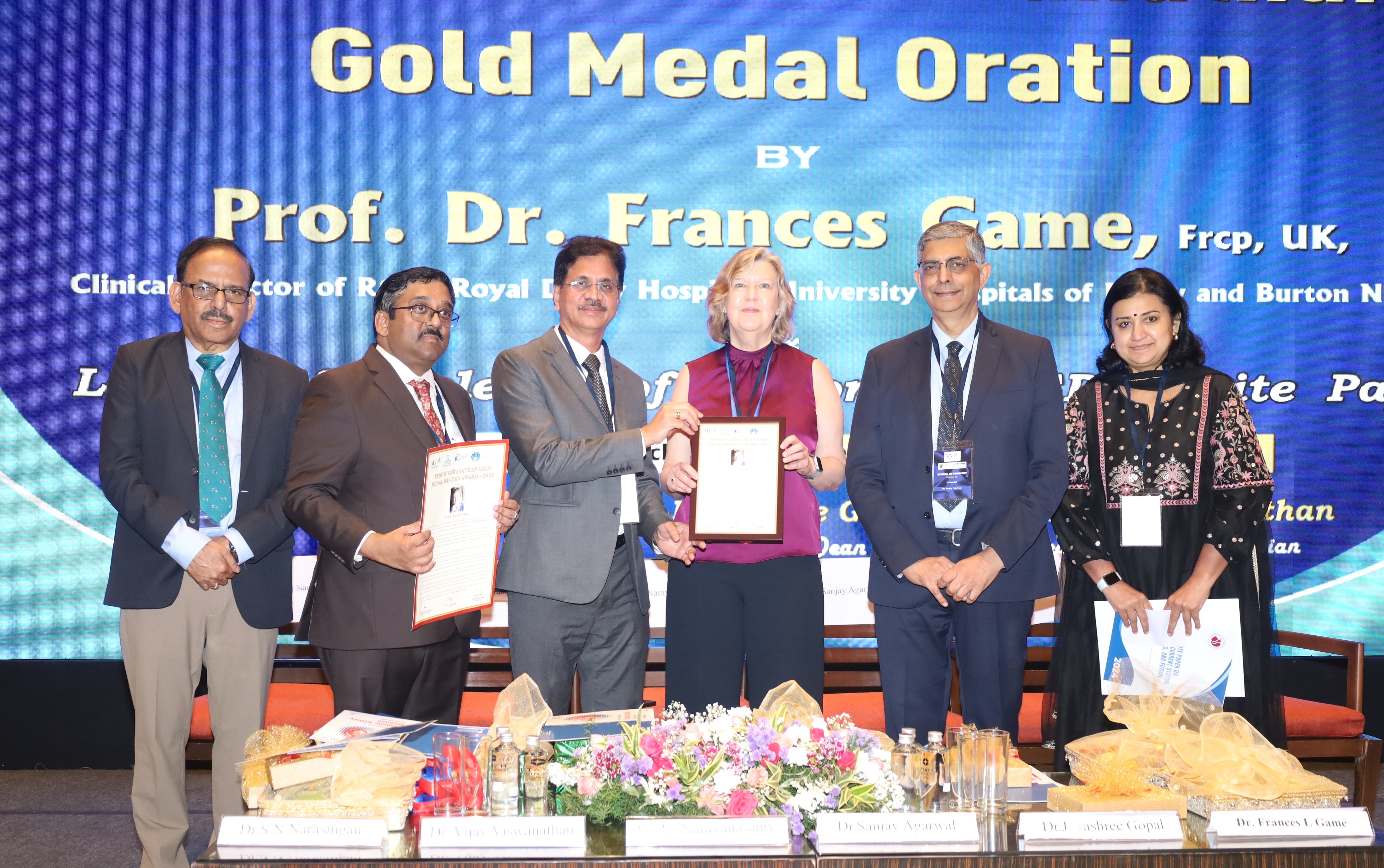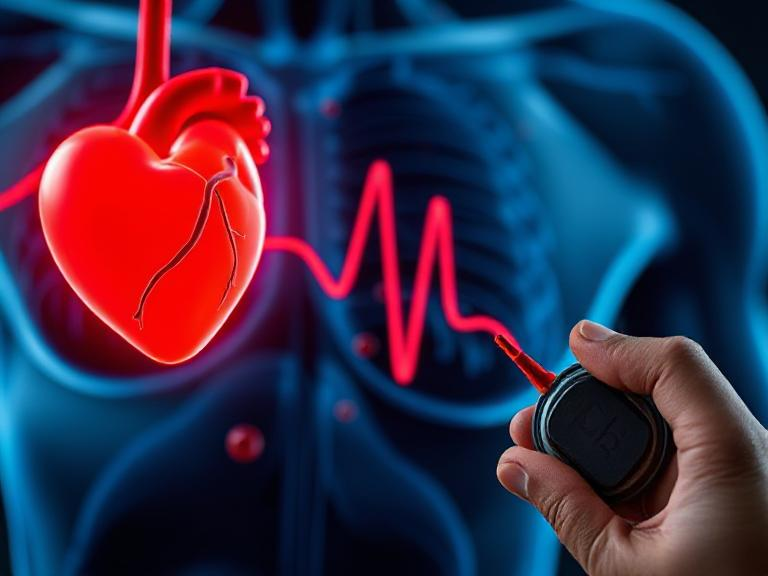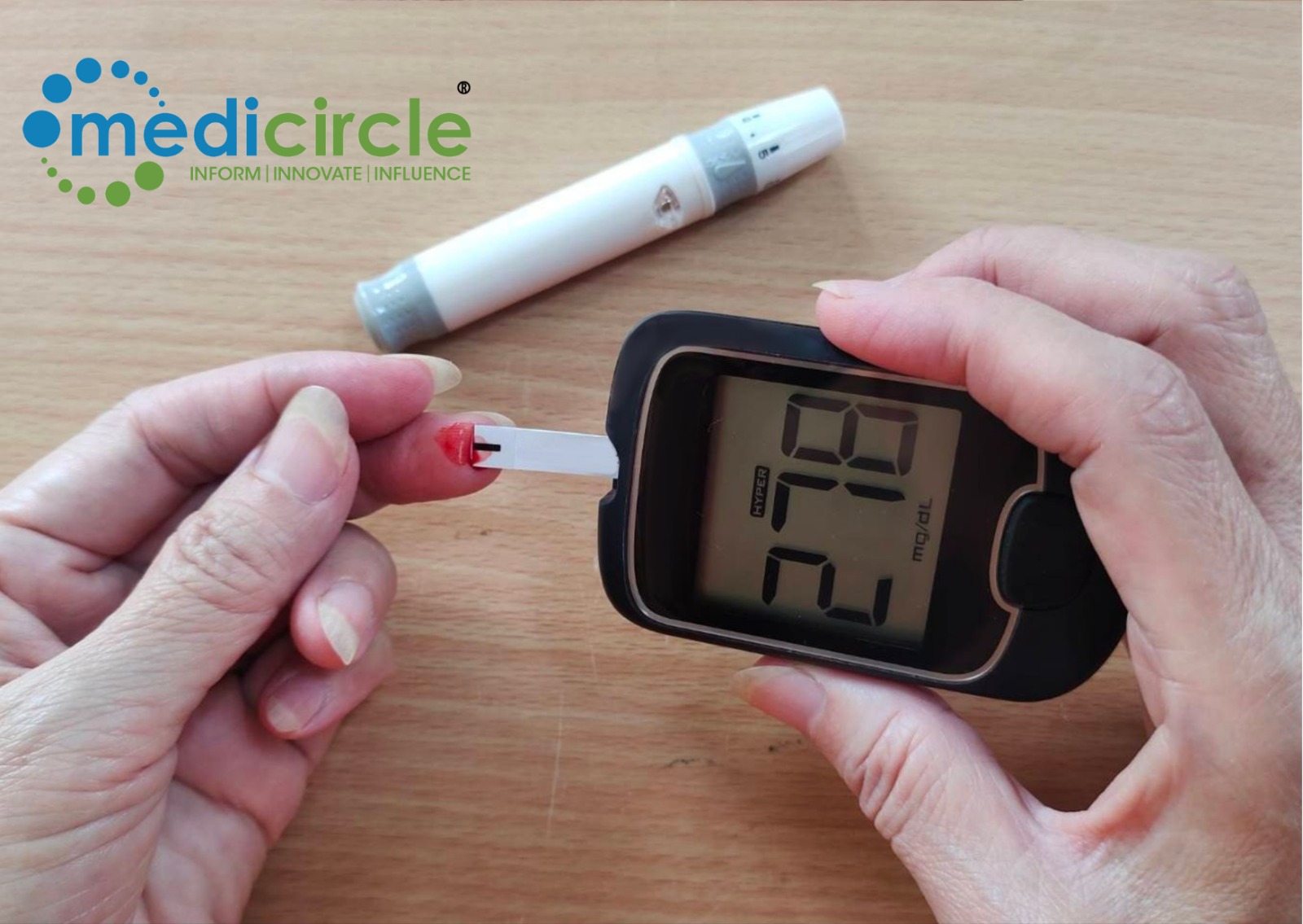Every year on June 8, World Brain Tumor Day is commemorated as a day dedicated to raising awareness about brain tumors. A brain tumor develops when brain cells proliferate improperly and uncontrollably. Depending on their location and grade, they might be malignant or non-cancerous. The grade is based on how quickly cells grow and spread to adjacent areas.
This day is also dedicated to those who have been diagnosed with brain tumors. They are encouraged to share their experiences to aid others. People who have lost loved ones to brain tumors find methods to commemorate and remember them. "Together We Are Stronger" is the theme for World Brain Tumor Day 2022.
Acoustic neuroma, brain metastases, choroid plexus carcinoma, glioblastoma, glioma, oligodendroglioma, pediatric brain tumors, pituitary tumors, and more forms of brain tumors are emerging.
Symptoms of brain tumor
- Seizures and massive migraines, inexplicable nausea or vomiting, and vision issues
- Gradual loss of sensation or movement in an arm or a leg, difficulties with balance
- Tiredness, confusion and decision-making difficulties, personality, or behavior changes
- Hearing issues and speaking difficulties
Diagnosis of Brain Tumour:
Depending upon the symptoms and history, doctors can use the following tests to diagnose the brain tumor
MRI and CT scan: Doctors may use these imaging techniques in the diagnosis of a brain tumor.
Angiogram: It is also an imaging technique. In this test, a dye is injected into the bloodstream. If a tumor is present, then the image may show the tumor or blood vessels that are filling the tumor.
Neurologic exam: This test includes testing of hearing, alertness, vision, muscle strength, coordination, & reflexes.
Spinal tap: In this test, a sample of cerebrospinal fluid is collected with the help of a long thin needle. This technique is known as lumbar puncture.
Treatments for brain tumors
Medical practitioners may recommend the following therapies based on the kind, grade, and location of the tumor, as well as the patient's overall condition.
- Surgery
- Radiotherapy
- Chemotherapy
- Steroids
- Medication to prevent seizures
- Ventricular-peritoneal shunting
A diagnosis of a brain tumor does not always mean a very poor outcome. A lot of CNS tumors are benign and can be cured completely and by complete surgical removal. In many cases of malignant tumors also, long-term survival is possible with accurate surgery and other management.
Outcome and survival rate depend mostly on the age of the patient, type of tumor, whether it is benign or malignant, and the extent of the surgical excision and molecular characteristics of the tumor.
Recent studies on molecular markers have opened newer treatment modalities in brain and spine tumors. Now brain tumors are treated based on the molecular staging of the tumor.
Brain tumor surgery is becoming more and safer with the judicious use of stereotaxy, neural monitoring, and brain mapping. Stereotactic radiosurgery sometimes can be used in selected cases to manage tumors without any surgery.
Rehabilitation and support from friends and family are required for the optimum outcome for the patient in most cases.
As per the NHP data, the majority of patients suffering from brain tumors die within 9-12 months and less than 3% survive more than 3 years. So, it is important to create awareness among people about a brain tumors. Share this article to spread awareness among people.

 The abnormal development of brain cells, which can be benign or metastatic, is known as a brain tumor. Because of their essential position, brain tumors account for around 2.4 percent of all tumor diagnoses and are the most difficult to treat.
The abnormal development of brain cells, which can be benign or metastatic, is known as a brain tumor. Because of their essential position, brain tumors account for around 2.4 percent of all tumor diagnoses and are the most difficult to treat.



















.jpeg)

.jpeg)










.jpg)




.jpg)

